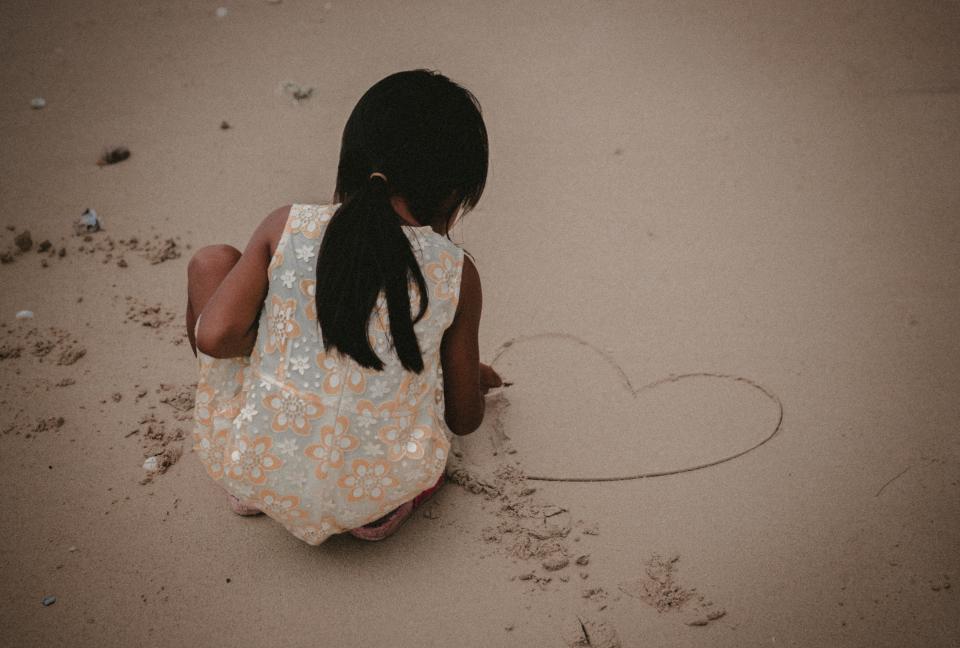You are probably reading this because you suspect a child is in harm’s way, very possibly your own child, or it could be someone you know such as a relative or neighbor. Make the phone call, Ask for help, Ask for advice. Act on your suspicions; suspicions are scary but trust your instincts. Have the courage to report the suspected abuse. Very few reported incidents are false. Believe the child and believe your instincts.
Click here for more advice on what to do if a child discloses abuse.
Signs of abuse are not always obvious. Signs are often there but you need to spot them. Learn the signs. Physical signs of sexual abuse are not as common, but emotional or behavioral signals are more common. Read below for a list of signs associated with abuse (keep in mind every person is different so they may or not experience these signs and each person does not always experience every single sign or symptom).
Signs of Physical Abuse
Consider the possibility of physical abuse when the child exhibits these behaviors:
- Unexplained changes in the child’s body or behavior or regression to earlier developmental stages
- Has unexplained injury (bruise, burn, fracture, abdominal or head injury)
- Watchful and “on alert” behavior, as if the child is waiting for something bad to happen
- Shying away from touch, flinches at sudden movements, or seems afraid to go home
- Appears to be afraid of adults
- Seems frighetened of parents or guardian and protests or cries when it is time to go home
- Wears clothing inappropriate to the season or weather to cover injuries, i.e. long-sleeved shirts on hot days
- Difficulties in school, i.e. absences, failure, loss in interest, etc
- Frequent headaches or stomachaches with no medical cause
- Reports injury by a parent or another adult caregiver
- Abuses animals or pets
Consider the possibility of physical abuse when the parent or other adult caregiver:
- Offers conflicting, unconvincing, or no explanation for the child’s injury, or provides an explanation that is not consistent with the injury
- Describes the child as “evil” or in some other very negative way
- Uses harsh physical discipline with the child
- Has a history of abuse as a child
- Has a history of abusing animals or pets
Signs of Emotional Abuse
Consider the possibility of emotional maltreatment when the child exhibits these behaviors:
- Behavioral changes: extremes in behavior, such as overly compliant or demanding behavior, extreme passivity, or aggression
- Speech disorders
- Developmental delays: physically and emotionally
- Lack of attachment to the parent
- Excessively withdrawn, fearful or anxious about doing something wrong
- Acting either inappropriately adult (taking care of other children) or inappropriately infantile (rocking, thumb-sucking, tantrums)
- Extremely passive or aggressive behavior
- Substance abuse (dependent on age)
- Attempted suicide
Consider the possibility of emotional maltreatment when the parent or other adult caregiver:
- Constantly blames, belittles, or berates the child
- Is unconcerned about the child and refuses to consider offers of help for the child’s problems
- Overtly rejects the child
Signs of Sexual Abuse
Consider the possibility of sexual abuse when the child exhibits these behaviors:
- The child reports sexual abuse by a parent or another adult caregiver
- Extreme sexual language or behavior that seems inappropriate for the child’s age
- Sexual acting out on other children
- Fear of being alone with adults, especially of a particular gender or attaches quickly to strangers or new adults in their environment
- Genital pain, itching, swelling or bleeding, as well as a sexually transmitted disease
- Refusal to change for physical activities (e.g. P.E. class) or refusal to participate in physical activities
- Depression, anxiety, or any other newer mental health issues
- Suicide attempts
- Running away from home
- Trouble walking or sitting
- Nightmares or bedwetting
- Sudden changes in appetite
- Fear of a particular person or family member
- Becomes pregnant or contracts a venereal disease, particularly if under age 14
Consider the possibility of sexual abuse when the parent or other adult caregiver:
- Is unduly protective of the child or severely limits the child’s contact with other children, especially of the opposite sex
- Is secretive and isolated
- Is jealous or controlling with family members
Signs of Neglect
Consider the possibility of neglect when the child exhibits these behaviors:
- Frequently absent from school
- Theft of food or money
- Consistently poor hygiene
- Lack of appropriate clothing for weather or season
- Frequently unsupervised, left alone or allowed to play in unsafe situations and environments
- Lacks needed medical or dental care
- Substance abuse
- States no one is home to provide care
Consider the possibility of neglect when the parent or other adult caregiver:
- Appears to be indifferent to the child
- Seems apathetic or depressed
- Behaves irrationally or in a bizarre manner
- Is abusing alcohol or other drugs
